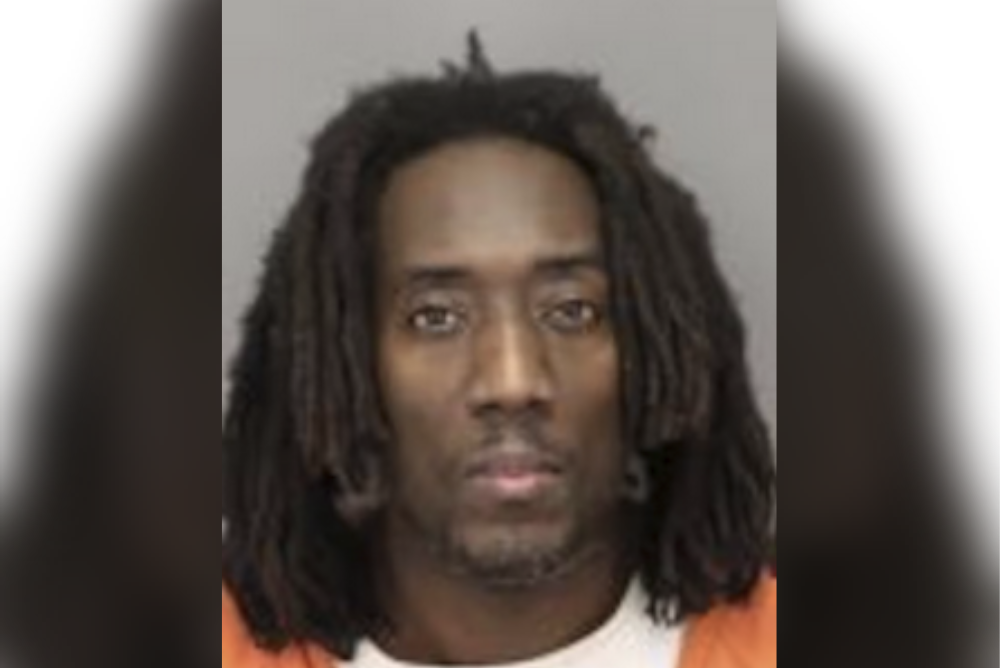For months, rumors about music mogul Sean “Diddy” Combs have been circulating. There were multiple reports that Combs would soon be charged with major federal crimes, and now, it has happened. Combs was finally arrested.
What are the charges against him, and what potential consequences does he face?
How Did We Get Here?
The first major sign that Sean “Diddy” Combs was in trouble with the law came on March 25, 2024, when federal agents with U.S. Homeland Security raided Combs’ homes in Los Angeles and Miami.
Prior to the raid, Combs had faced multiple civil charges accusing him of abuse, but the raid was the first sign that Combs was going to potentially face criminal charges.
During the raids, authorities seized 96 electronic devices. According to PBS, Assistant U.S. Attorney Emily Johnson called the information on the devices “extraordinary.” The files provided evidence used to charge Combs.
In June 2024, we reported that a grand jury was going to hear the allegations against Combs. During a grand jury hearing, the jury hears evidence against a defendant and determines whether there is sufficient evidence to file charges. In this case, the jury chose to proceed with charges against Combs.
Related: Why Did Federal Agents Raid The Homes of Sean “Diddy” Combs?
Combs Arrested on Federal Criminal Charges
On September 16, 2024, Combs was arrested at a New York City hotel and charged with serious crimes the Justice Department says goes back decades.
The federal indictment alleges “that between 2008 and the present, Combs abused, threatened, and coerced women and others, and led a racketeering conspiracy that engaged in sex trafficking, forced labor, kidnapping, arson, bribery, and obstruction of justice, among other crimes.”
Damian Williams, U.S. attorney for the Southern District of New York, said that at least since 2008, “Combs abused, threatened and coerced victims to fulfill his sexual desires, protect his reputation, and conceal his conduct.”
Combs was officially charged with:
- Racketeering Conspiracy: which is defined as criminal agreement between individuals to participate in or facilitate illegal activities, such as fraud, extortion, or bribery, as part of an organized group
- Sex Trafficking: which is defined as exploiting others through force, fraud, or coercion for commercial sex acts or engaging in trafficking minors for sexual purposes
- Transportation to Engage in Prostitution: which is defined as knowingly transporting individuals across state or international borders with the intent for them to engage in prostitution or other unlawful sexual activity
Many Civil Lawsuits Still Pending
The criminal charges come in the wake of numerous civil cases against Combs that allege abuse, sexual assault, and rape.
The civil cases include lawsuits filed by:
- Joie Dickerson-Neal, alleging that Combs drugged and sexually assaulted her while she was a college student in 1991.
- Liza Gardner who says Combs assaulted and raped her.
- Producer Rodney “Lil Rod” Jones who says he was “subjected to unwanted advances by associates of Combs at his direction.”
Now, in addition to these cases, Combs may face even more civil charges.
Texas-based lawyer Tony Buzbee says he is representing 120 accusers who plan to file civil lawsuits across multiple states alleging crimes like sexual assault, rape, and sexual abuse of minors.
While the civil cases are serious, the cases don’t present the potential consequence of jail time for Combs. In a civil case, the punishment is tied to financial compensation. On the other hand, in criminal cases, the defendant may face jail time, probation, and fines.
Related: What’s the Difference Between a Civil and Criminal Case?
What’s Next For Combs?
Combs has pleaded not guilty to the federal criminal charges against him and has been held in prison since his arraignment.
His lawyers have been trying to get Combs out on bail, but the judge in the case rejected a $50 million bail package that included a mandate for home detention and electronic monitoring. Two judges concluded that Combs would be a danger if released, per PBS News. Combs’ attorneys are continuing to fight to get him released while he awaits trial.
A trial date for the case has been set to begin on May 5, 2025.
Combs could attempt to settle the case out of court before the trial, or he could fight his case in front of a jury who will decide his fate.
If found guilty, Combs faces serious consequences. The maximum punishment for the charges include:
- Racketeering Conspiracy: Up to twenty years in federal prison and fines up to $250,000
- Sex Trafficking: From twenty years to life in federal prison
- Transportation to Engage in Prostitution: Up to fifteen years in federal prison
Combs has maintained his innocence on all charges.
Talk to a Trusted Attorney
Do you have a civil or criminal case to discuss? Talk to an experienced attorney about the details of your situation. Schedule a free consultation with attorney TJ Grimaldi. Request your consultation or call 813-226-1023 now.


